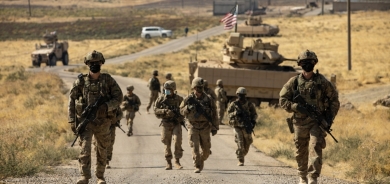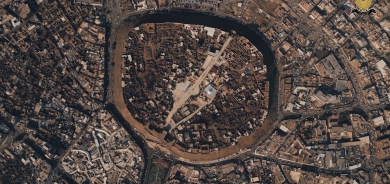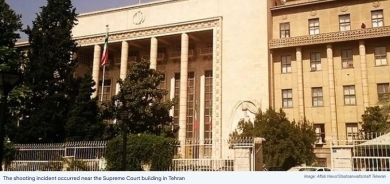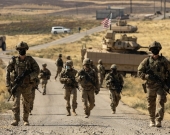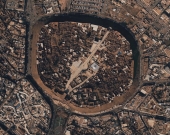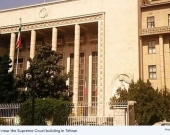Insight: Maliki consolidates power, fails to reconcile Iraqis

(Reuters) -
Nuri al-Malikis political skills have kept him at the pinnacle of power in Iraq since 2006, but the Shiite Muslim leader has yet to heal the wounds of a country traumatized by tyranny, occupation and communal strife.
His critics say he has exacerbated that legacy by gaining undue control over the army, police and security services and using them freely against Sunni Muslim and other political foes, while allowing grave abuses in prisons and detention centers.
With al Qaeda again rampant, violence has hit a five-year high, minority Sunnis are embittered and Kurds are restive. And despite plentiful oil income, jobs and basic services remain scarce, a decade after U.S.-led forces toppled Saddam Hussein.
Yet in April voters may well hand a third term to Maliki - a hardbitten political operator who emerged from obscurity to become prime minister nearly eight years ago - or at least give him a headstart in post-election wrangling for the job.
Malikis personal experience of oppression and dread under Saddam resonates with Iraqs two-thirds Shiite majority.
He spent much of his life before the U.S.-led invasion in 2003 in exile in Syria and Iran, plotting revolt and fearing betrayal.
Maliki was born in 1950 in Janaja, a southern village among date groves on the Euphrates, into a politically engaged family - his grandfather wrote poetry inciting rebellion against Iraqs British occupiers and his father was a fervent Arab nationalist.
He secretly joined the Shiite Islamist Dawa party as a youth, attending Baghdad Universitys Islamic law college before becoming a low-level bureaucrat in Hilla, south of the capital.
In 1979 he was briefly arrested and then fled, narrowly escaping Saddams police. His familys land was seized and dozens of his relatives were killed over the next decade. He did not see his home village again until after the 2003 invasion.
That troubled history may color his outlook today.


